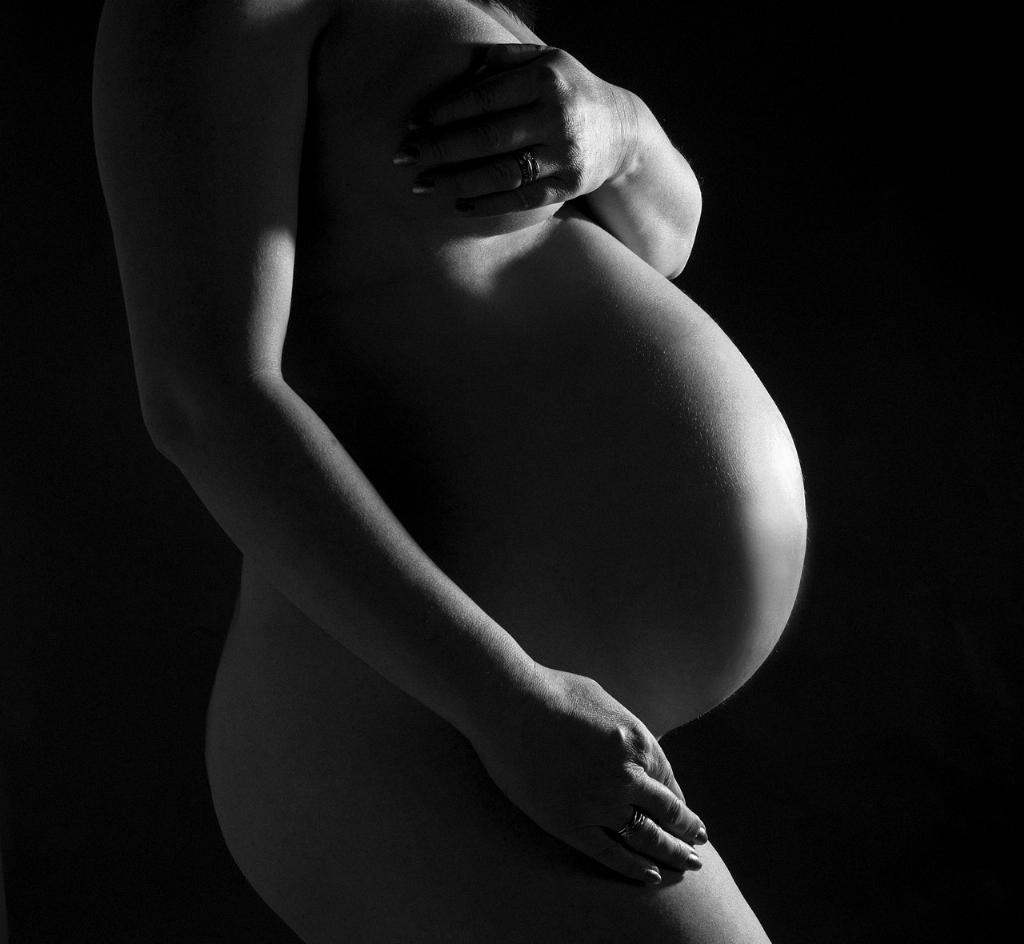Early pregnancy can bring about a myriad of symptoms and changes in a woman’s body, one of which can be headaches. These headaches can vary in intensity and sensation, and it’s essential to be aware of the potential causes and characteristics to effectively manage them.
Migraine Headaches in Pregnancy
Migraine headaches are a prevalent type of headache experienced during pregnancy. They are characterized by a pulsating or throbbing pain, often localized on one side of the head. The cause of these migraines is attributed to the dilation of blood vessels in the brain, triggering discomfort and sensitivity.
Distinct Sensations
Early pregnancy headaches can manifest in various ways, with some women describing a sharp, stabbing pain, while others may experience a dull ache or pressure in their head. These differing sensations can be unsettling for expecting mothers.
Accompanying Symptoms
Aside from the headache itself, pregnant women may also encounter additional symptoms such as nausea, vomiting, and sensitivity to light and sound. These accompanying manifestations can exacerbate the overall discomfort experienced during a headache episode.
Hormonal Influences
The hormonal fluctuations that occur during early pregnancy can play a significant role in triggering headaches. The surge in hormones, particularly estrogen and progesterone, can impact blood flow and contribute to the onset of headaches in expectant mothers.
Stress and Fatigue
Stress and fatigue are common companions during pregnancy, and they can also act as catalysts for headaches. The physical and emotional strain of pregnancy can lead to tension headaches, adding to the array of potential headache experiences.
Dehydration and Hunger
Dehydration and hunger can be easily overlooked factors that contribute to headaches. Pregnant women are advised to stay hydrated and nourished, as insufficient fluid intake or low blood sugar levels can precipitate headaches during this crucial period.
Environmental Triggers
Environmental triggers, such as strong smells, bright lights, or loud noises, can also instigate headaches in pregnant women. Being mindful of one’s surroundings and minimizing exposure to triggering stimuli can help alleviate headache occurrences.
Seeking Relief
If experiencing persistent or severe headaches during early pregnancy, it is advisable to consult with a healthcare provider for proper evaluation and guidance. Identifying the underlying cause of the headaches is essential in determining the most suitable treatment approach.
Self-Care Measures
Engaging in self-care practices, such as practicing relaxation techniques, maintaining a balanced diet, staying physically active, and ensuring adequate sleep, can contribute to managing and preventing headaches in pregnant women. Simple lifestyle adjustments can make a significant difference in alleviating discomfort.
Medication Considerations
When it comes to taking medication for headaches during pregnancy, it is crucial to consult with a healthcare provider before using any over-the-counter or prescription remedies. Certain medications may not be safe for expectant mothers and their developing babies, necessitating caution in the choice of treatment.
Embracing Support
During this transformative period, receiving support from loved ones, joining pregnancy support groups, and seeking guidance from healthcare professionals can offer reassurance and assistance in managing headaches and other pregnancy-related challenges. Embracing a holistic approach to well-being is essential for a positive pregnancy experience.

